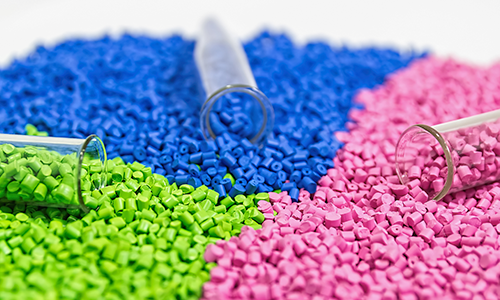How to Optimize 3D Printing Materials Through Thermal Analysis
3D printing, also known as additive manufacturing, is being embraced as a versatile manufacturing technique across diverse industries. 3D printing allows for rapid prototyping and print-on-demand solutions to avoid the potential waste associated with batch runs.













